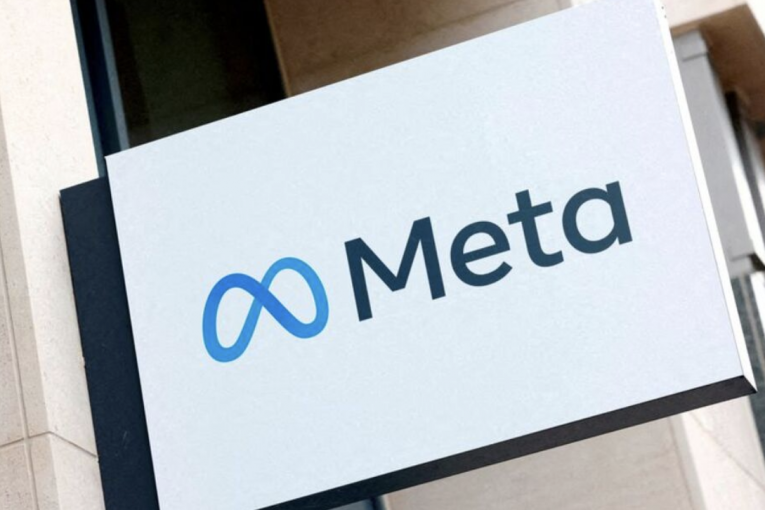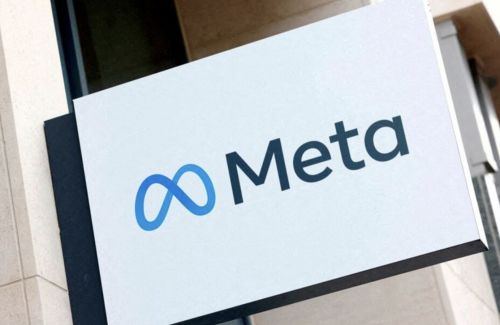
![]()

By Spencer Smith
On March 3rd, Meta announced that, following recommendations from the oversight board, it would be making revisions to its “cross-check” program. This is a program that allows certain higher-profile users to be held to a lesser standard when it comes to posting standards and website policies.
The board overseeing the company is independently managed and, according to The Hill, “is made up of a panel of global academics, experts and civic leaders.” This board being independently managed allows Meta to take their recommendations as just that – recommendations. These suggestions are not binding.
However, the board has stated that “several aspects of Meta’s response haven’t gone as far as we recommended to achieve a more transparent and equitable system.” It is the opinion of the board that this “cross-check” policy favors those in power. It places Meta’s business interests in a place to impact content policies. Meta has noted its intention to assess who can be included on this list to ensure equality in response.
One of the board’s key recommendations was transparency in the criteria that warrants these privileges. However, Meta has denied enacting this policy. It is their belief that this would allow manipulation of the system, opting instead to only review the criteria. Another rejected recommendation was to mark these accounts on these platforms to notify consumers.
It is irresponsible of Meta to ignore the issues with their “cross-check” policy, a policy that is already controversial. The retaining of an oversight board and the ignoring of that oversight demonstrates Meta’s interest in its own gain, rather than the “human rights interests and equity” that they cite will be taken into their review.
There is already an issue with social media users’ overreliance on high-profile accounts as truthful. Meta is perpetuating this by not being transparent on how its guidelines are not unilaterally applied. Based on what has been released, it seems as if Meta’s main focus is to reduce the “backlog of content under review.” This, again, demonstrates Meta’s self-interest. They’re favoring their own workload and response times over updating their content requirements in the best interests of their consumers.
The board’s position that more transparency is required should be followed, as it is a critical policy. The average social media consumer would assume that all content they’re viewing, especially from higher-profile users, is held to the same standards. The refusal to acknowledge which accounts are provided this privilege is a violation of the trust of their users.
Although not releasing the criteria could result in manipulation of the system, there is no reason that flagging these accounts would contribute to this issue. There has been no clear reason that this policy exists in the first place, other than to continue to offer those in power more opportunities to take advantage of it.
In conclusion, it is Meta’s responsibility first and foremost to hold unilateral standards in order to manage its social media source ethically. However, even in the absence of universal standards, Meta should be transparent with users who may be unaware of this policy. It is irresponsible and unethical to allow certain users leeway to content policies, especially without notifying the consumers of this content.




